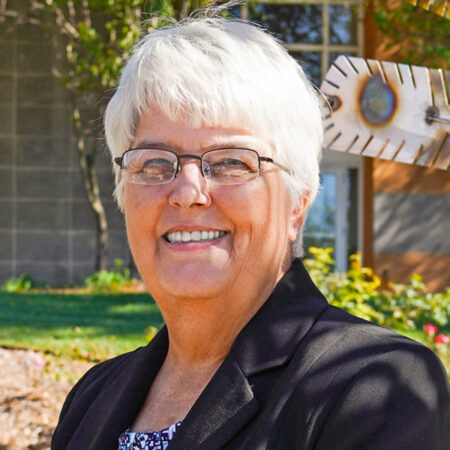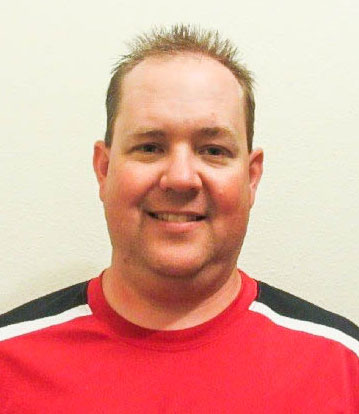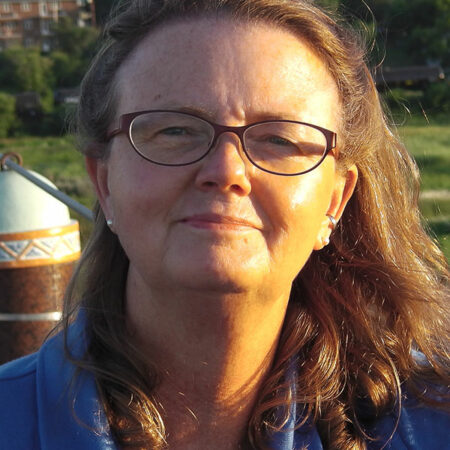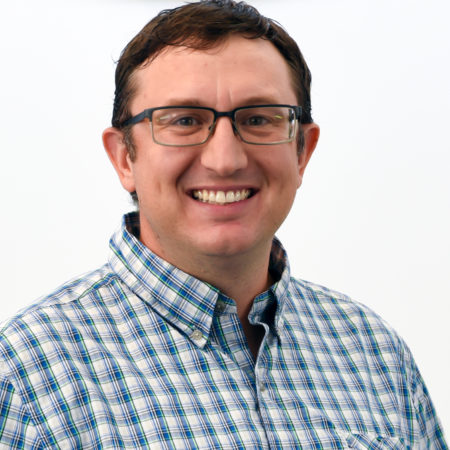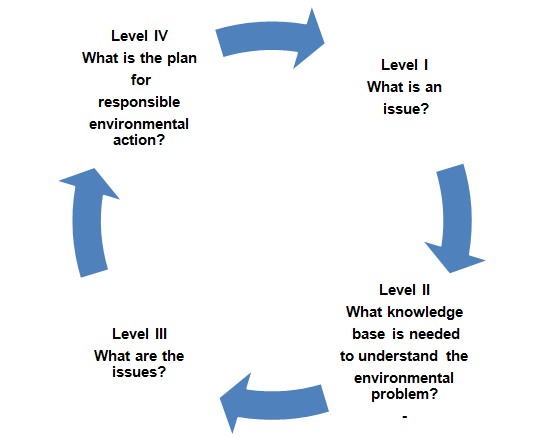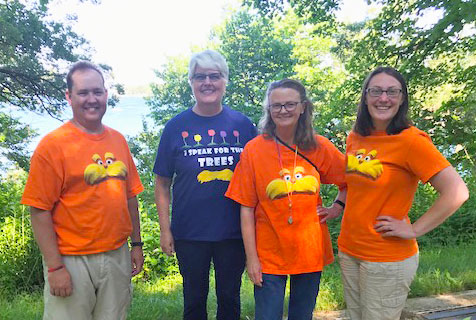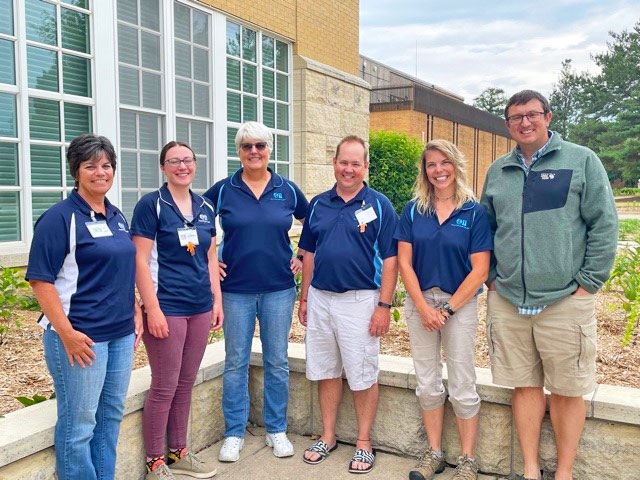Environmental Issues Instruction (eii) and Upper Iowa University presents:
Nourishing Our Water and Soil Through Sustainable Agriculture
This is an interdisciplinary, undergraduate or graduate level college credit course for all teachers PK-14 and other environmental educators.
Receive two college credits for a total cost of $275. This includes the college credit, food, lodging, and teaching materials. This is made possible by grant funding from the Environmental Protection Agency, (EPA), Resources Enhancement and Protection-Conservation Education Program, (REAP-CEP), and Upper Iowa University.
- A workshop will be held April 14-16, 2023 at the Marshalltown Hampton Inn and Suites, with a Zoom update session, Tuesday, June 6, 2023
Issue: Should water and soil quality be considered when making decisions regarding land usage?
The Eii model utilizes:
- Next Generation Science Standards
- STEM-Science, Technology, Engineering, and Mathematics
- Project-Based Teaching and Learning
- Framework for K-12 Science Cross-Cutting Concepts
- Interdisciplinary Teaching and Learning
- Iowa Core Characteristics of Effective Instruction
- Differentiated Instruction
- The Learning Cycle/5E’s
Thematic Integration of:
- Environmental Education
- Science
- Technology
- Engineering
- Mathematics
- Reading
- Social Studies
- Language Arts
- Fine Arts
- Physical Education
Course: EDU 461/561: Environmental Issues Instruction: Nourishing Our Water and Soil Through Sustainable Agriculture
Two hours of undergraduate or graduate credit from Upper Iowa University
Course Expectations:
- Attend two sessions-initial and update:
- Modeling of instructional levels
- Sharing the teaching experience
- Develop and teach unit between initial and update sessions
- Give evidence of student action
- Administer student assessment (pre-post)
- Prepare written report of experience
Instructional Model:
- I – Issue Analysis
- II – Ecological Foundations
- III – Energy Issues
- IV – Responsible Environmental Action
Instructional Support:
- Resource materials for integrating disciplines
- Provide consultation and materials for action projects
- E-mail and telephone contacts
Institutional Support:
- Environmental Protection Agency (EPA)
- REAP-CEP (Resource Enhancement and Protection-Conservation Education Program)
- Upper Iowa University-Andres Department of Education
- Iowa State University Extension Education
- Iowa Farm Bureau
- Izaak Walton League
